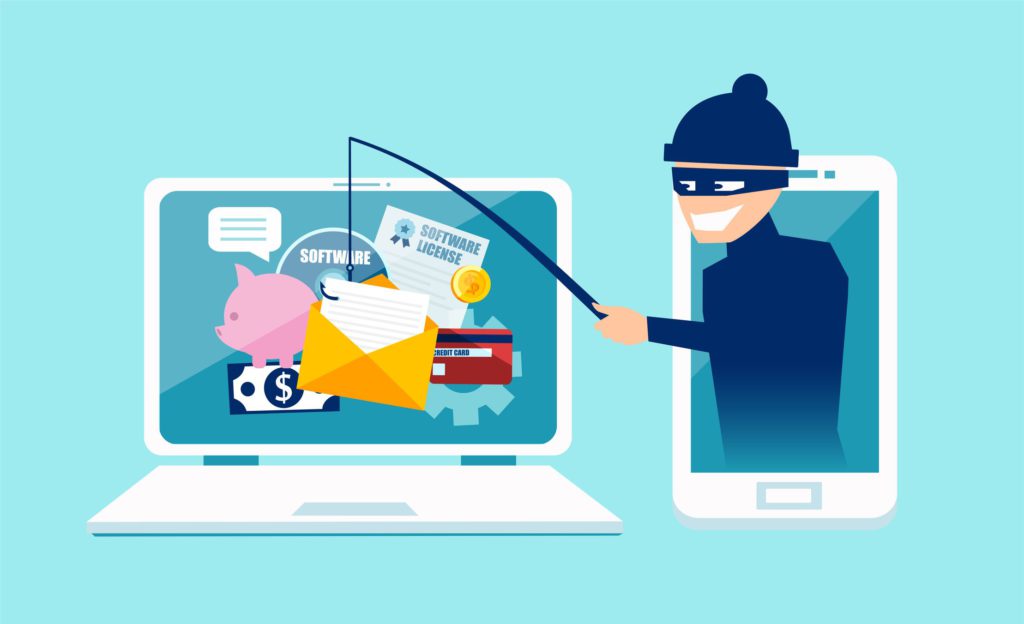As customers rely increasingly on online purchasing, con artists are coming up with new strategies to deceive people into parting with their money and personal information. However, it does not follow that individuals quit conducting business online. There are strategies for defeating these scammers and avoiding danger while making purchases online.
The following considerations should be made by people while doing internet transactions.
1. Password-Free Login with Biometrics
Passwords are difficult to remember and are open to hackers. Utilize biometrics and e-signatures instead of sometimes changing passwords. It is the responsibility of banks to guarantee that they offer real-time protection to their clients and password-less authentication.These kinds of transactions place a high priority on security and dependability, which almost eliminates the potential of fraud.
2. Never provide remote access to your Equipment
Without your awareness, remote access occurs when someone can view your entire computer screen and access it remotely. They can even clone your phone and obtain your bank account login information and email passwords via a screen recorder. Even worse, thieves may lock your phone and demand a payment to unlock it and release your data. Downloading programs from reliable sources is the best defense against this kind of scam, which is very widespread. Never download keyloggers or from unreliable sources.
3. Multi-factor authentication that is adaptive
As online scammers use and adapt their tactics to swindle clients, one can never be too vigilant. To keep their clients secure, banks must offer adaptive multi-factor authentication or risk-based authentication. This increases the security of your transaction further. This makes your account even safer since even if a single password may be readily cracked, the hacker would still have to pass through numerous stages of authentication. Nowadays, the majority of banks provide their clients adaptive multi-factor authentication, which will instantly add an additional layer of protection to their transaction.
4. Be careful while using public WiFi
It is never recommended to use public/open WiFi or computers for banking transactions. Such open networks are prone to man-in-the-middle attacks which can steal confidential information of the user over the wire. Always resort to using your own device and network for transactions and keep checking your email in case a transaction you didn’t approve pops up.
With online transactions being an inevitable part of our lives, we must safeguard ourselves from cyber frauds. Various banks in India have partnered with online cybersecurity companies to develop cutting-edge technologies to defeat fraudsters.
5. Never Online disclose your OTP
Due to the enormous growth of internet transactions, fraudsters have been able to create schemes that appear credible to a client. More frequently, con artists assume the personas of respectable persons and question clients about fictitious upcoming payments. If a customer gives the scammers their credit card pin number or OTP in such a circumstance, they are placing their faith in them. The quickest way to get duped is in such situation. Never reveal private information, always make careful to confirm the person’s identity, and never be afraid to ask questions. If the necessary details are omitted, be wary of payment demands and spam alerts.

